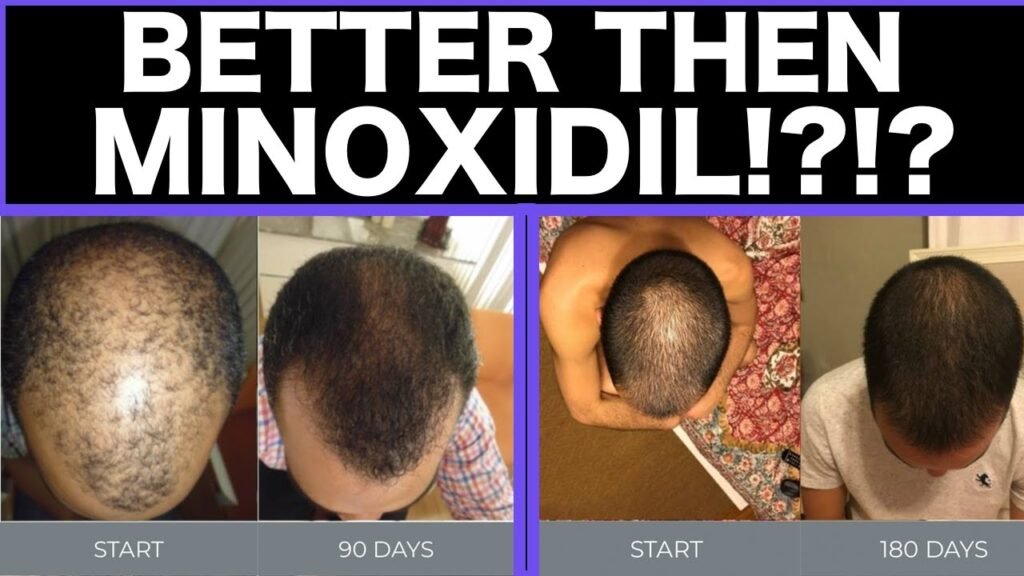Head-to-head comparison: Minoxidil vs essential oils
Effectiveness in Promoting Hair Growth
When comparing Minoxidil and essential oils for hair growth, its crucial to consider their effectiveness. Minoxidil, an FDA-approved topical medication, has been extensively researched and proven to stimulate hair follicles, thereby promoting hair growth and slowing down hair loss. It is commonly used in treatments for androgenetic alopecia, showing significant results in many users. On the other hand, essential oils, such as rosemary, peppermint, and lavender, have gained popularity for their natural properties. While there are studies suggesting their potential to improve scalp health and support hair growth, they generally lack the robust scientific backing that Minoxidil has.
Application and Usage
The application process for Minoxidil and essential oils differs significantly. Minoxidil is typically available in liquid or foam form and is applied directly to the scalp twice daily. Consistency is key, as discontinuation may result in the reversal of benefits. Essential oils require dilution with a carrier oil, like coconut or jojoba, to prevent skin irritation. They can be massaged into the scalp and left on for a period before washing out. This process can be more time-consuming compared to the straightforward application of Minoxidil, but it allows users to enjoy the aromatic benefits of essential oils.
Side Effects and Safety
Safety and potential side effects are important factors in choosing between Minoxidil and essential oils. Minoxidil users may experience side effects such as scalp irritation, itching, or unwanted facial hair growth. Its essential to follow the recommended dosage to minimize these risks. Essential oils, being natural, are generally considered safer, but they can still cause allergic reactions or irritation, particularly in those with sensitive skin. A patch test is advisable before widespread use. Both options require careful consideration of individual sensitivities and health conditions to ensure a safe and effective hair care regimen.


